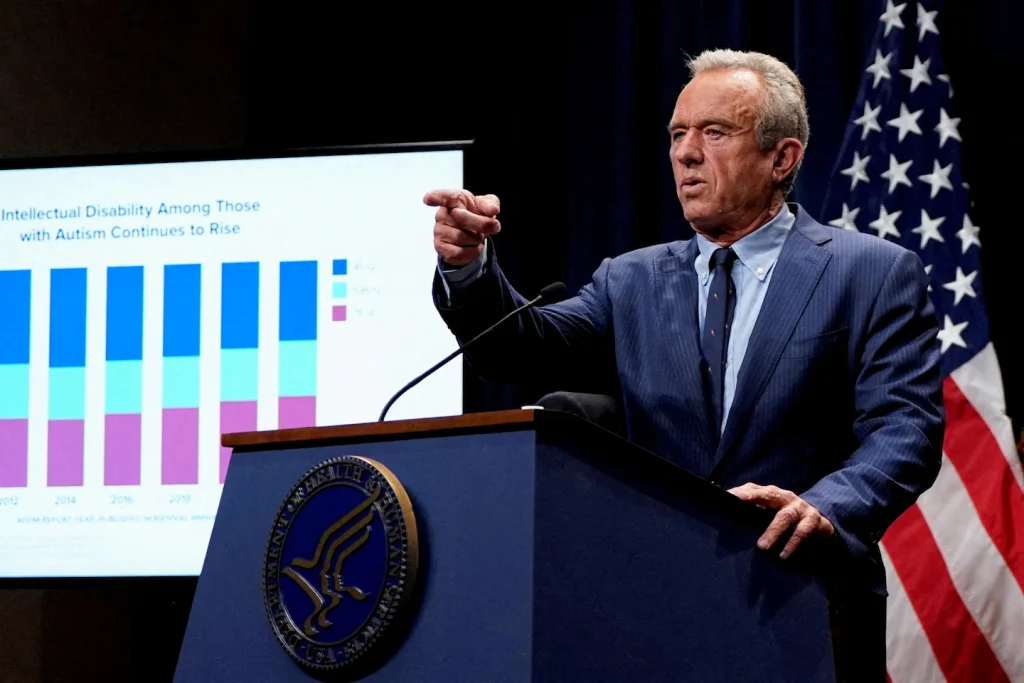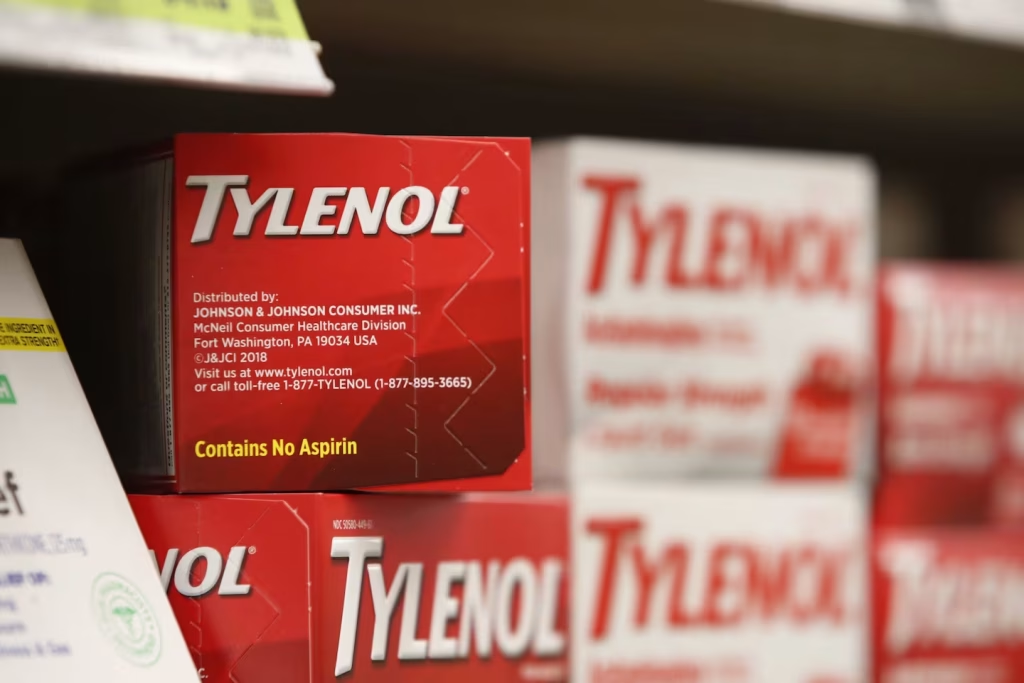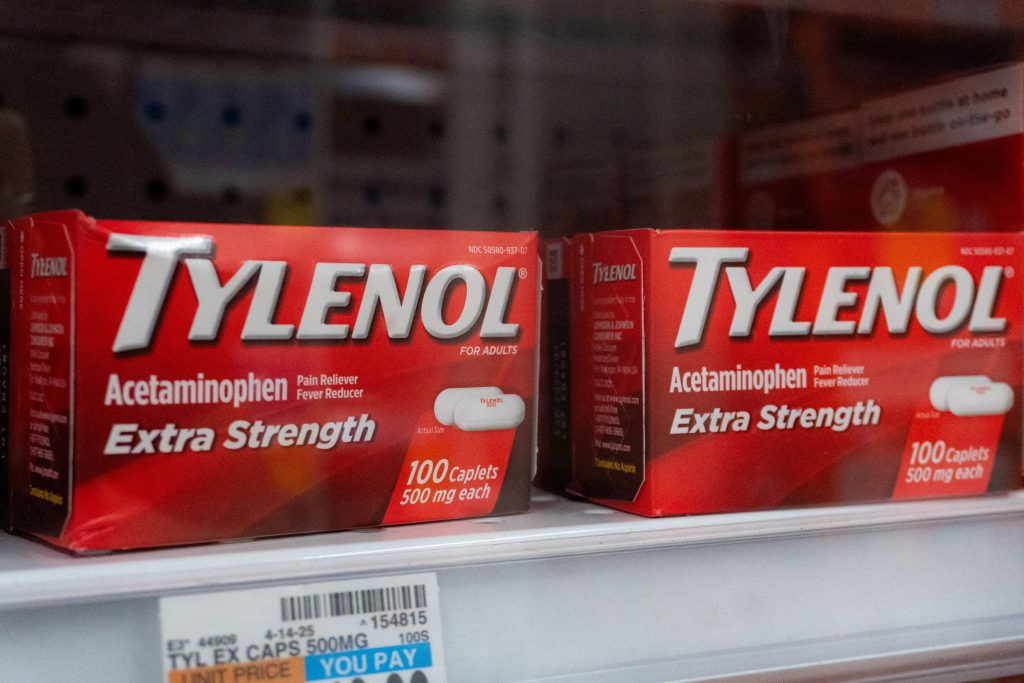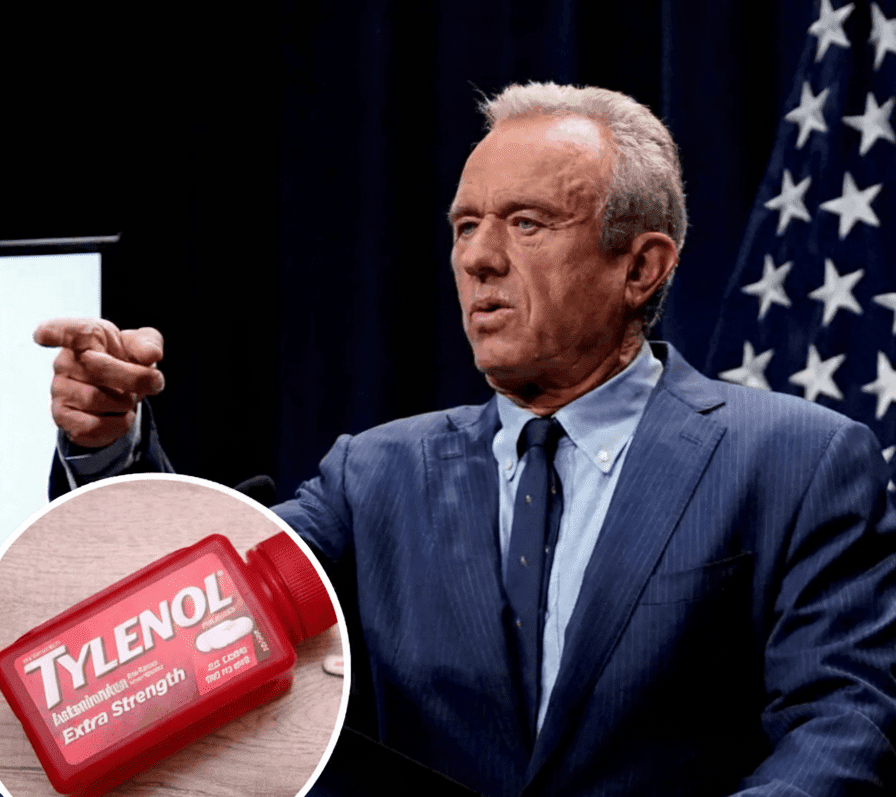Trump Administration to Announce New Warning Linking Tylenol Use in Pregnancy to Possible Autism Risk
In a move that is certain to spark both relief and controversy, the Trump administration is reportedly preparing to issue new guidance on the use of Tylenol during pregnancy. According to sources familiar with the announcement, President Donald Trump plans to highlight fresh concerns about the possible risks of acetaminophen, the active ingredient in Tylenol, and its potential connection to autism spectrum disorders when taken by pregnant women.
For decades, Tylenol has been one of the most trusted over-the-counter pain relievers in America, often recommended by doctors as the safest option for expectant mothers dealing with common issues like headaches, fever, and body aches. Unlike stronger prescription drugs, acetaminophen has long been considered a relatively low-risk choice. That perception, however, has been shifting in recent years as a growing number of studies have questioned whether regular or high use of acetaminophen during pregnancy may have unintended long-term effects on child development.

Some research, including large-scale reviews published in peer-reviewed medical journals, has suggested a link between frequent acetaminophen use during pregnancy and an increased likelihood of conditions such as ADHD and autism in children. While these studies do not prove direct causation, the consistency of the findings has raised enough concern among scientists and public health experts to spark further investigation. In 2021, for instance, a group of more than 90 scientists and doctors from around the world signed a consensus statement calling for pregnant women to exercise caution with acetaminophen use until more definitive answers are available.
The Trump administration’s decision to address the matter publicly underscores how seriously these concerns are being taken. According to reports, the upcoming announcement will not ban Tylenol outright but is expected to urge pregnant women to avoid using it unless absolutely necessary, such as in cases of high fever, which itself can pose risks to a developing fetus. The message will likely emphasize moderation, encouraging mothers-to-be to consult with their doctors before taking any over-the-counter pain relievers.

This announcement will also place new pressure on pharmaceutical companies, healthcare providers, and even regulatory agencies like the FDA, which has so far not issued formal warnings about acetaminophen use during pregnancy. For many families, the change could bring both reassurance that the government is taking potential risks seriously and frustration about the uncertainty surrounding such a widely used product.
The political backdrop adds yet another layer of complexity. President Trump has never shied away from controversial health topics, often putting his administration at the center of heated medical debates. By drawing attention to Tylenol and autism, he is wading into a field where science is still evolving, but where public concern is already running high. Supporters will likely applaud the administration for taking a precautionary stance, while critics may argue that the move risks causing unnecessary alarm without definitive proof.

For expectant mothers, the announcement may feel overwhelming. Pregnancy is already filled with countless decisions about diet, exercise, supplements, and medications, each weighed carefully for the well-being of the unborn child. Adding Tylenol to the list of things to reconsider could fuel new anxieties. Yet, for many doctors and parents, even a hint of risk is enough to justify caution.

In the end, this debate highlights the delicate balance between medical certainty and precaution. While no one can say with absolute clarity that taking Tylenol during pregnancy causes autism, the evidence suggesting a possible connection is strong enough that health leaders believe it cannot be ignored. The Trump administration’s statement may not provide all the answers, but it will almost certainly spark a much-needed conversation among doctors, patients, and families about the safest path forward.



